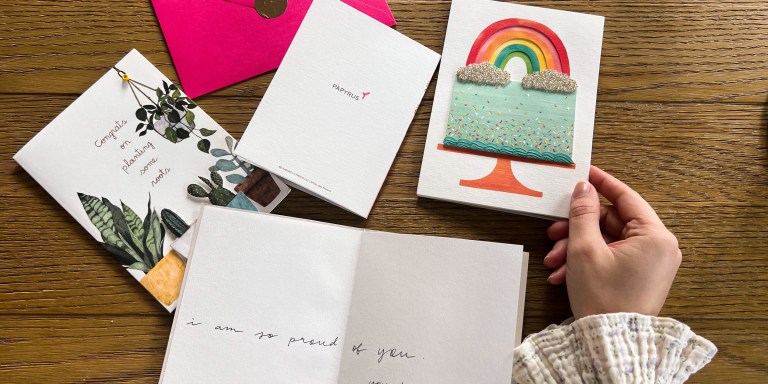As someone who works with people all the time, you’d think I’d be an extrovert. I’m friendly. I’m not shy. But when I get close to my “people time” limit, it’s time to shut down, be quiet and hole up with a good book. I love helping people, but there’s a huge reason that I balance that type of work with work where I get to be quiet and dive in to working with words instead of being bombarded with interaction.
It’s because—although I don’t fall into some of the old stereotypes—I’m an introvert.
I spent years feeling guilty if I wanted to spend time alone instead of doing things with friends. I learned to make the best of it, and often pushed myself to be social—even when it felt exhausting. Many people do this, as extroversion tends to be prized in our society, while introversion is seen as a “second-class personality trait, somewhere between a disappointment and a pathology.” It is none of those things. It’s the way an estimated two-thirds to one-half of us are wired, and it can be our greatest asset.
As I mentioned, being introverted isn’t the same thing as being shy (though there’s nothing wrong with being shy either). Many shy people are also introverted, but one doesn’t really have much to do with the other. The best explanation I was ever given (and maybe one of the biggest “aha!” moments of my adult life) was that while extroverts are energized by connecting and spending time with others, introverts need inward-focused, alone time to recharge.
Being introverted has nothing to do with lack of confidence. Many confident people are introverted, and gather their strength from the time they spend alone rather than from the input of others. In some ways, I believe that the ability to enjoy being by yourself says a great deal about your confidence.
It isn’t that introverts don’t like social time—it’s that for us, social time is giving out energy rather than receiving energy.
A lot of us fall somewhere in the middle between the two, and some interactions take more out of people than others.
A few things to consider if someone you care about falls more on the introverted end of the spectrum:
1. Think of each of us as having a cup of energy available.
For introverts, most social interactions take a little out of that cup instead of filling it the way it does for extroverts. Most of us like it. We’re happy to give and love to see you. When the cup is empty, though, we need some time to refuel. We aren’t mad. We don’t stop caring about you. We’ll be so happy to see you and talk to you again when we’ve had some time to decompress.
2. Silence isn’t a bad thing.
Really. It’s not an insult. It’s the introvert’s way of conserving energy and restoring him or herself. If we can be quiet with you (and you can be content being quiet with us) it’s a huge compliment and a huge relief. Other times the quiet really does need to be spent alone. We come back when we’re ready. It’s worth the wait.
3. Just because someone is friendly, she isn’t necessarily an extrovert; just because someone is quiet doesn’t mean he’s an introvert.
If you pay attention to people you care about, often you can see what energizes them and what drains them. If you aren’t sure, ask. If you notice a friend seems wiped out, ask if spending time together sounds like fun or if they’d like some down time. I can’t tell you how many times I’ve become almost giddy because plans were cancelled—even with people I love. When you know someone needs some space in order to re-energize, be respectful and give it to them. It isn’t rejection.
4. Text. Write letters. Email. We love it.
There are times that you can’t beat a face to face conversation, I’d agree 100%. But for introverts, sometimes being able to stay connected and stay in touch in a less intense and less draining way is a huge help. Being in crowds is tough. Even long conversations can be tough if we’re already “peopled out.” Having the freedom to respond when we are ready is a great feeling. Sometimes, it’s right away. If it’s not, don’t be offended. (It’s not you…it’s me. Really!)
5. All of this really comes down to respect.
Each of us has our own set of boundaries, our own way of communicating and our own needs. When you care about someone, you choose to communicate with him or her in ways that show you love and respect them. If your cup is filled by lots of interaction with others, go for it! Be in tune with your own needs, and enjoy the way that time with others energizes you. If someone you love is an introvert, and needs time to him or herself, tune into and respect that as well. We don’t do activities alone because we are sad, or negative or depressed; we do it because that’s what fills our cup back up. We’ll be even happier to see you when we come back.
One of the best things I’ve read on the subject was the book Quiet: The Power of Introverts by Susan Cain. The shorter 12-question quiz on her site can give you some good insights into your own personal introversion or extroversion that bypasses some of those long held stereotypes (P.S. I’m 12 for 12). ![]()





